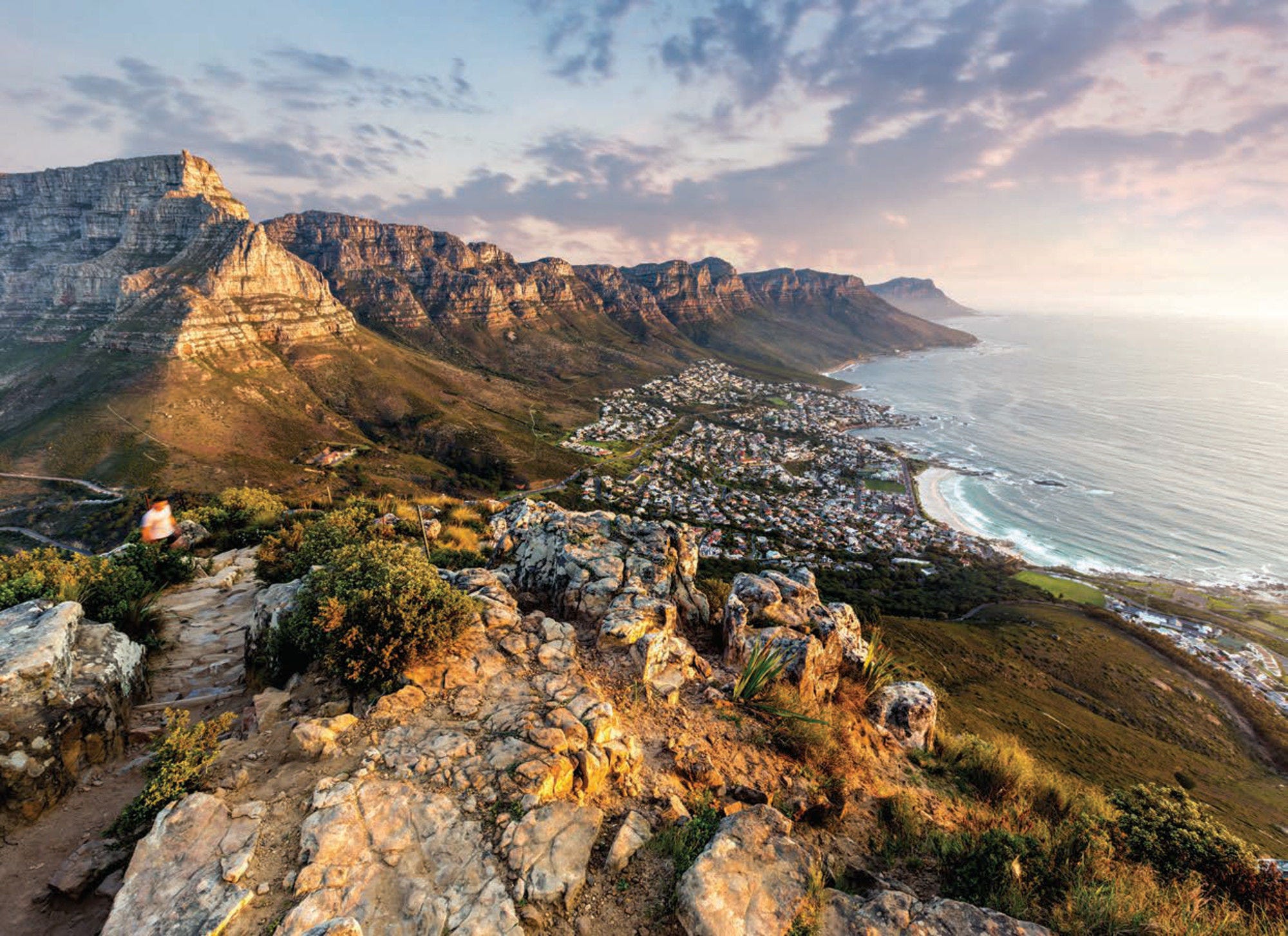Supporting the economic recovery in the short-run while undertaking reforms to increase potential long run growth is key. Efforts to improve the business climate, sequencing and prioritisation of reforms will be essential for maximising their growth impact. The tourism sector needs support to weather the effects of the crisis. In the medium term, developing tourism and boosting transport infrastructure investments can contribute to growth and job creation during the recovery. Regulatory restrictions are still relatively high. This includes a high level of government involvement in the economy, barriers to domestic and foreign entry, complex rules for licences and permits, and protection of existing businesses from competition, for instance, in legal services and network industries.
South Africa would benefit from greater integration in global value chains. Participation in global value chains is especially high in the manufacturing industries and could be increased by leveraging the potential of regional value chains. By contrast, the integration of service industries has been held back. South African firms are facing high tariffs in their export markets. Trade facilitation measures should address non-tariff barriers such as improving the quality and access of infrastructure, as well as access to export and insurance credit.
Greener energy policy can bolster growth. South Africa is one of the top-20 greenhouse gas emitters in the world. The CO2 emission intensity of GDP has fallen slightly since 2000. The introduction of a carbon tax in June 2019 is welcome. The share of renewables in primary energy supply is close to the OECD average. However, coal accounts for 75% of electricity generation and is the main energy source in industrial processes.
Increasing public infrastructure investment would boost potential growth. Public infrastructure investment has declined in recent years. In particular, transport infrastructure remains insufficient and suffers from a lack of maintenance. The government is planning to create an infrastructure fund with the private sector, development finance institutions and multilateral development banks. The success of the infrastructure fund will depend on the capacity to bring in private financing.
Tourism will need prolonged support in the short-run. International tourist arrivals increased from 4.5 million to more than 10 million between 1995 and 2017 and were accompanied by a tripling of employment directly related to tourism. While the role of tourism in the economy has been increasing since the end of apartheid, it remains below the OECD average (Figure 2). Furthermore, the recent COVID-19 pandemic and resulting containment measures have triggered an unprecedented crisis in the tourism sector. Still, the sector offers significant opportunities for an economy with weak growth and high unemployment. Streamlining and implementing electronic visa services for international tourists could increase South Africa’s international openness. Reduction of red tape could strengthen the integration of the tourism sector into local value chains and amplify the impact of tourism on the domestic economy. For tourism to translate into inclusive and sustainable growth, the benefits must spread geographically. Necessary transport and accommodation infrastructure is needed to connect tourists to places.














